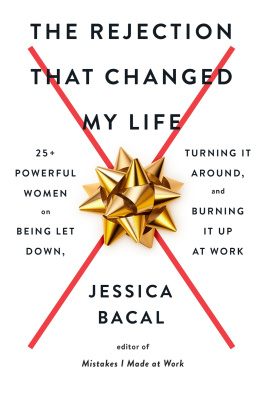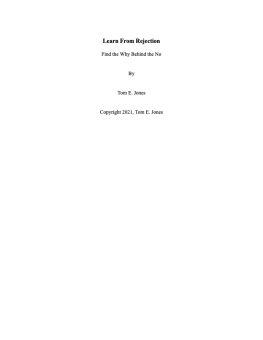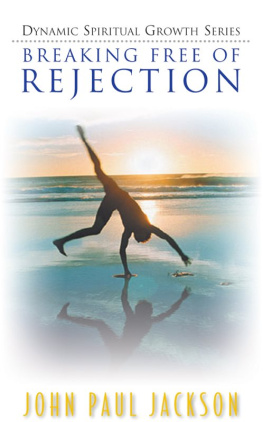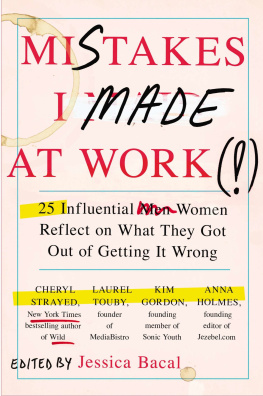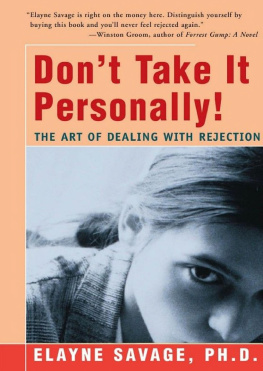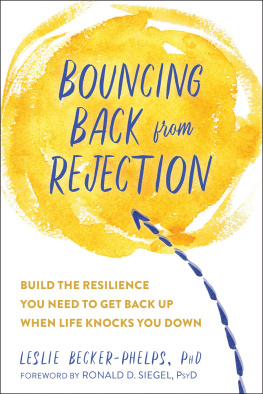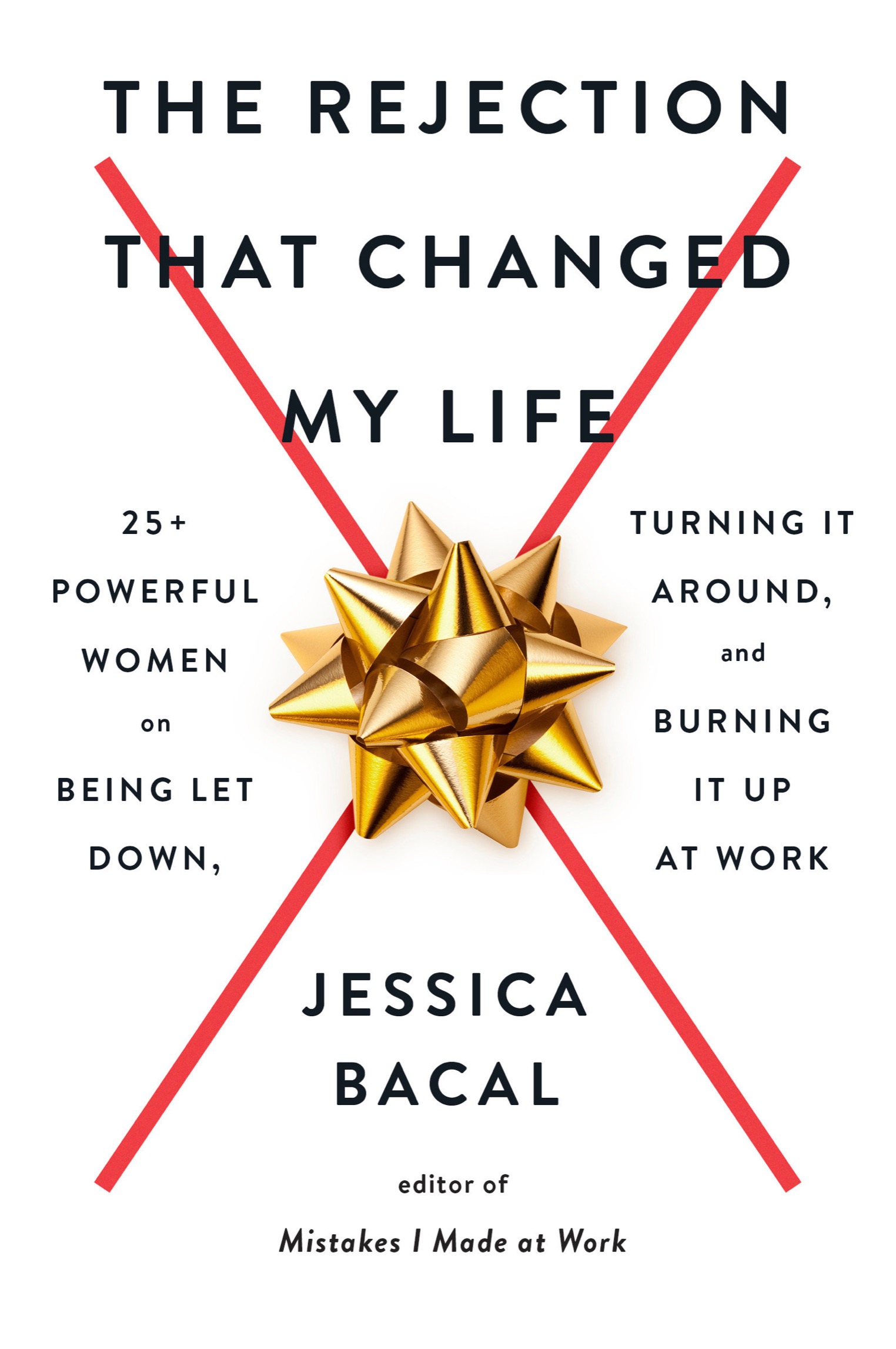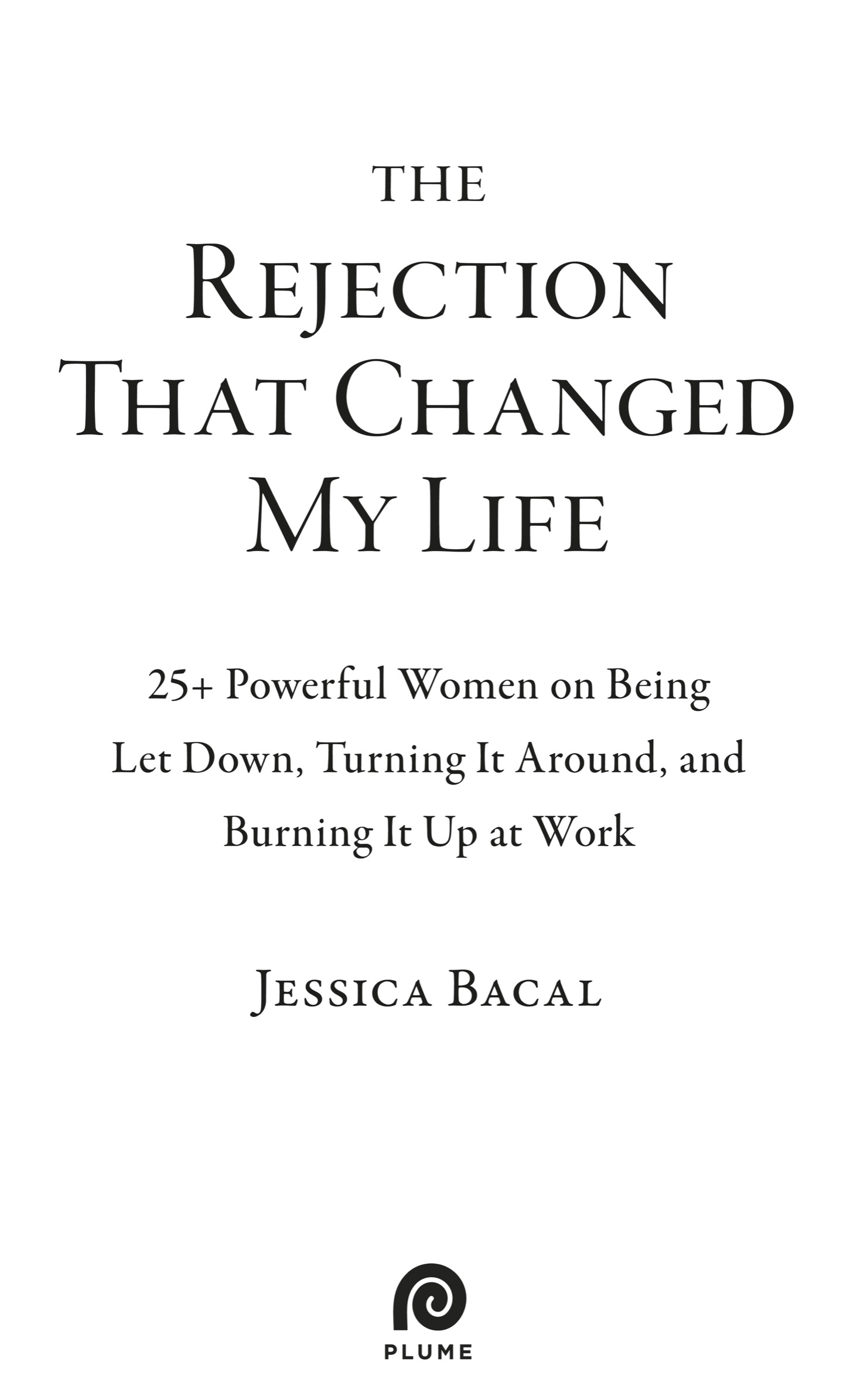Also by Jessica Bacal
Mistakes I Made at Work: 25 Influential Women Reflect on What They Got Out of Getting It Wrong

An imprint of Penguin Random House LLC
penguinrandomhouse.com
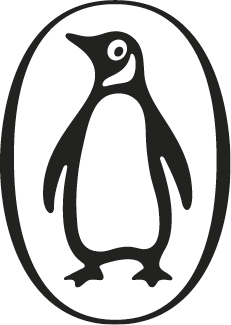
Copyright 2021 by Jessica Bacal
Penguin supports copyright. Copyright fuels creativity, encourages diverse voices, promotes free speech, and creates a vibrant culture. Thank you for buying an authorized edition of this book and for complying with copyright laws by not reproducing, scanning, or distributing any part of it in any form without permission. You are supporting writers and allowing Penguin to continue to publish books for every reader.
Poem on reproduced from Carrying Water to the Field:New and Selected Poems by Joyce Sutphen by permission of the University of Nebraska Press. Copyright 2019 by the Board of Regents of the University of Nebraska.
Poems on from She Just Wants by Beverly Rollwagen, copyright Nodin Press, 2004.
library of congress cataloging-in-publication data
has been applied for.
ISBN 9780593187654 (paperback)
ISBN 9780593187661 (ebook)
Cover design by Mark Melnick; cover image: Getty Images
pid_prh_5.6.1_c0_r0
For my parents
Contents
Introduction
What made me think people would be willing to tell me about their rejections?
Yes, Id edited an earlier book, Mistakes I Made at Work, in which Id asked women to talk about work mistakes, but that seemed somehow less threatening than asking about rejections. At Smith College, where I direct the Narratives Project, my ambitious students heard a lot of gratifying yeses about fellowships, internships, and jobsbut also some disappointing nos. They trashed or deleted these rejections; theyd never seemed too interested in publishing them.
Maybe I was setting myself up for failure. One potential interviewee, a successful businesswoman, balked: Does rejection have to be in the title? A friend in the media e-mailed that certainly she had learned from her rejections but wasnt comfortable sharing. Im sorry!!!! she added. Many of my invitations to participate in this book went unanswered. A professor I deeply respect e-mailed saying she didnt want her story in the book: Honestly, she wrote, Im not sure what the point is.
The point is this: Reading stories like these make people feel they arent alone. Id heard from readers that theyd reached for Mistakes I Made at Work after tough workdays, and it had comforted them. We live with the myth that our careers should be linear, that messing up is like landing on the wrong spot in Chutes and Ladders: one god-awful day and well be sent plunging downward. In reality, our career paths can zigzag and bump alongit doesnt mean weve gone down a chute.
Still, a rejection can feel like that. In fact, the more I thought about it, the more I realized that I personally had often tried hard to avoid rejection.
During my senior year of high school, I applied early to college, ostensibly because I liked the schoolbut also because it meant that if I got in, I could take back all my other applications. I was accepted and went to Carleton in Minnesota; its a wonderful place, but applying early decision meant I never had to learn whether I would be accepted (or rejected) at the other schools.
Even within the last ten years, I applied to two doctoral programs and was somewhat shocked and embarrassed to be rejected by both. Id overreached, I thought. I wasnt as smart as Id imagined. My first choice had been the University of Pennsylvania, but I convinced myself that it would have been a terrible idea anyway, since it meant Id have to leave my family every month. Then one day over lunch, my friend Julio at Smith said, People get rejected from these programs all the time! Just reapply! I realized that if I were talking to a student, that was the advice I would give: Dont take a first rejection as an absolute. Why couldnt I give that advice to myself? I decided to try again and was thrilled when I was admitted. (The time away from my family was hard, but I earned my doctorate.)
Curiously, I never avoided romantic rejection. I had no problem asking people on dates. At age twenty-eight, I pursued my now husband with a mix tape that featured my favorite Bruce Springsteen songs. It was school and work that somehow made me feel vulnerable. I didnt want to hear that I wasnt good enough. Rejection would confirm something I already knew about myself: that I actually wasnt smart enough or accomplished enough and didnt belong in those spaces anyway.
Rejection can reinforce a message that many of us are receiving all the time in small ways: You dont belong. Raina Brands and Isabel Fernandez-Mateo, researchers at London Business School, have shown that female executives are less likely than their male peers to reapply for jobs in leadership after being turned down. Its not because women are less resilient or persistent, but because they have already experienced years of small rejections in work cultures that generally value maleness more. They have felt a lack of belonging that leads them to believe it would be foolish to reapply. For women of color, rejection at work is compounded by racism. Highly qualified women of color are less likely than white women to get credit for their accomplishments; a major report from McKinsey and LeanIn.org showed that women of color get less support than white and male peers do from their supervisors.
And lets face ita big part of why I avoided rejection for so long is because it sucks. It just feels bad. But in this case, with this book, it was more personal than ever. I had just experienced a major rejection (more on that later), and it made me think that it was time to get some support and gather a book-length collection of virtual mentors. I wanted them for myself, for my undergraduates at Smith College, and for readers. I imagined I would find professionals from diverse backgrounds who could remind us of how common rejection is and how it truly isnt the end of the worldsometimes its the beginning.
I knew from my work as director of the Narratives Project that sharing personal stories was powerful and even transformative. And Id seen after publishing my first book, Mistakes I Made at Work, that it was useful to normalize the uncomfortable and crappy parts of work, to hear This happened to me. It sucked. You will get through it.
That book included only interviews with women; this one does too, even though I think about gender differently than I did in 2014, when Mistakes was published. I understand now that the categories of male and female feel way too restrictive for many people. And social science overwhelmingly shows that men and women arent that differentin fact, we are basically alike in terms of personality, cognitive ability and leadership, according to the American Psychological Association.
But there was something about pairing rejection and women that I found especially intriguing. We live in a culture where masculine shouts strength and independence, while feminine whispers softness and collaboration. It puts both sexes in a bind, but at work, it hurts women more. Women are not supposed to be self-promoting or

